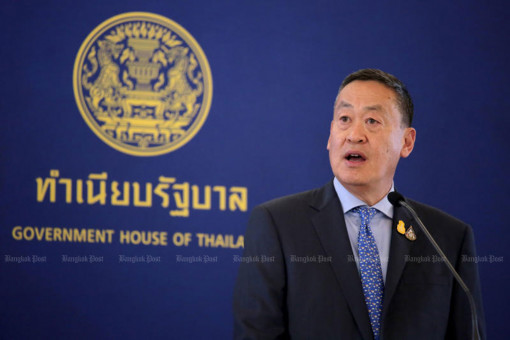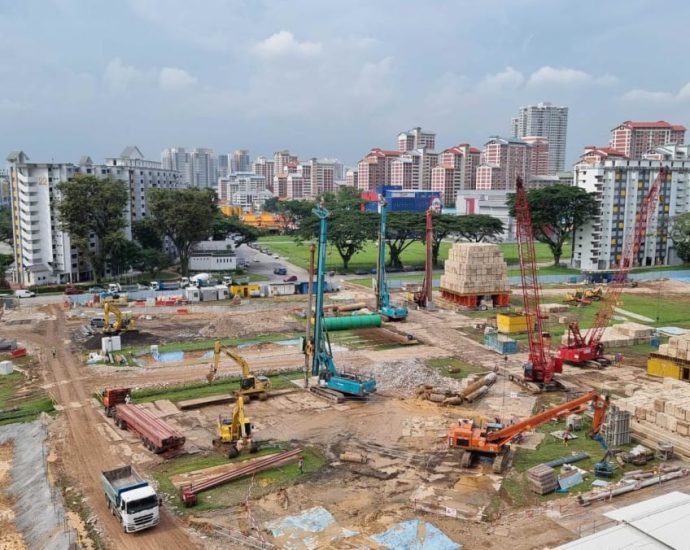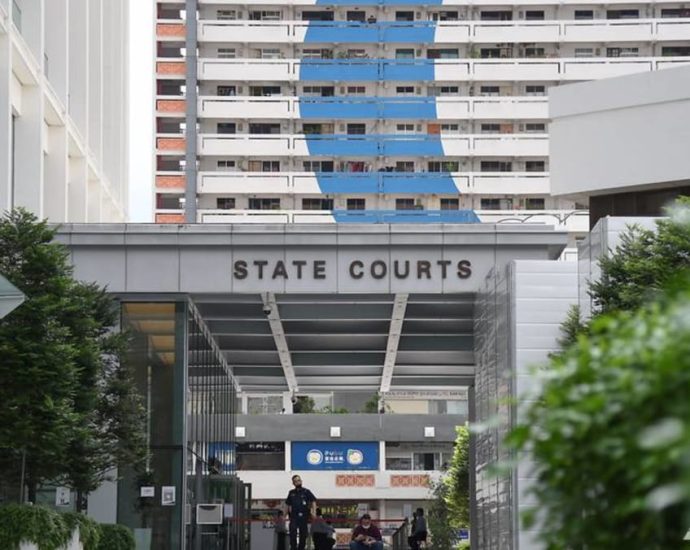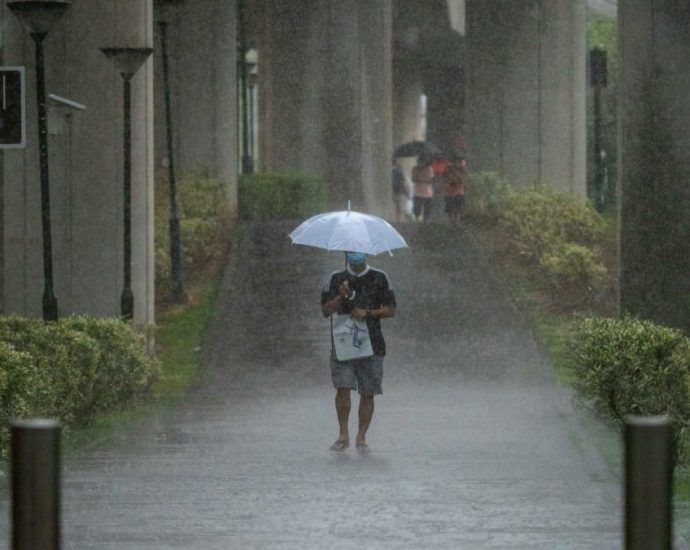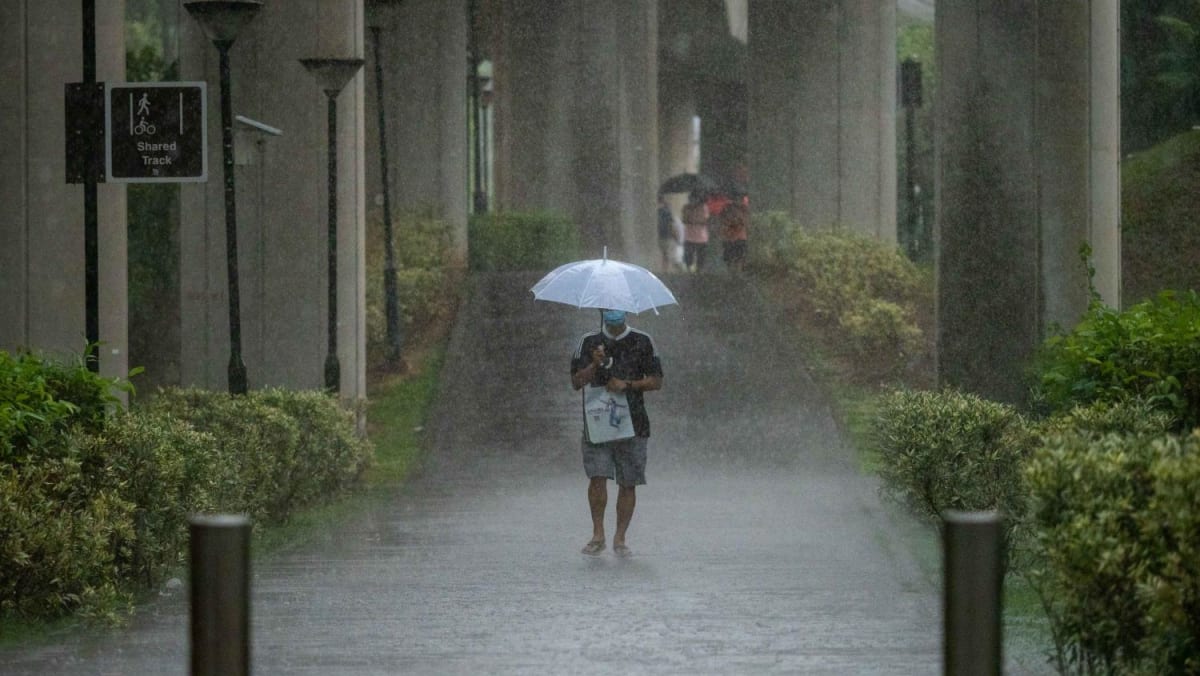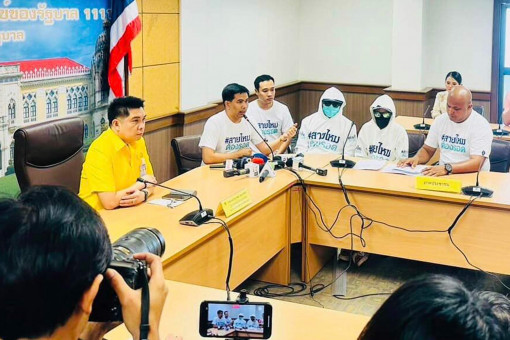Australia’s new visa rules unlikely to deter Singapore students from considering further education there: Observers

“I think it really comes down to populist fear. Certainly, if we look at what’s really happening here, certainly we have an artificially high net overseas migration figure. But that’s because during COVID, we saw an enormous exodus of people,” said Dr Allen.
“So what we’re seeing here in the numbers of net overseas migration will be short-lived, and it’s only artificially high because of COVID,” she noted.
“But it sent panic through (political) circles and certainly, the government is trying to look tough on something that they’d have little control over. And more importantly, the figures were going to go back to normal anyway, just after we get over this artificial blip.”
On sectors that are heavily reliant on migrant labour, Dr Allen said the Australian government needs to find the right balance.
“They need to get the messaging right, so as to not upset local Australians. But the reality is that when it comes to things like building homes, the healthcare industry, and also in new and emerging innovative industries, we require the help of overseas friends,” she added.
“I think most importantly, if you ask people who come to Australia, and risk a lot to move to a new location and to establish themselves, I reckon that they’re pretty fed up at seeing these constant changes in the visa rules, and the kind of changing goalposts that are needed to get say, for example, permanency and so on.
“So I think there will be some pushback from people seeking to come to Australia just as much as perhaps there’s concern within Australia about people coming to the country.”


